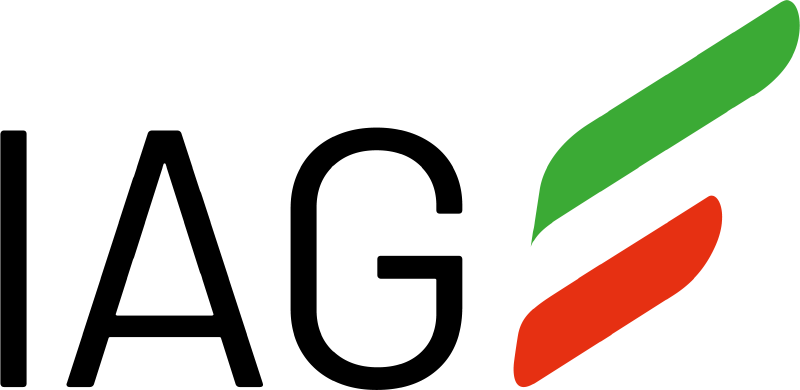PAOLO GONANO
Paolo, you started your professional career with experience in consulting (Accenture, Boston Consulting Group) and large companies (Euromobiliare, Piaggio, Seat Pagine Gialle) up to the level of General Manager of business units. Throughout your career you have developed skills in strategy, marketing, finance / M & A. Today you are an entrepreneur and business angel with a portfolio of over 15 holdings. How did you approach the world of startups?
In my professional life I have always sought the breadth and variety of experiences. At the beginning of the 2000s I had already been involved in the phenomenon of the new “.com” initiatives, forerunners of the start-up movement that would follow after a few years. In the summer of 2011, I spent a month in the San Francisco Bay area with the goal of familiarizing myself as much as possible with various players in the start-up ecosystem (companies, universities, investors, business angels). Returning from that very interesting training experience, I joined the IAG network, precisely in fall of 2011.
You joined IAG in 2011 and you were among the first members of the Screening Committee, the body that is responsible for selecting the investment opportunities presented at the Shareholders' Meetings, since its establishment. Can you tell us more about the birth of the Screening Committee and its initial role?
I was called to the Committee by Marco Nannini, then Managing Director of IAG, whom I also knew from our previous experience in the Boston Consulting Group. It was 2015 and the work of the Committee was certainly more "deconstructed" and less organized than when I left it (the year before). In order to select the opportunities, each member of the committee provided a ranking of those that were analyzed, and based on this, the aggregate ranking was drawn up which led to the indication of those chosen for the plenary meeting. Today the Screening Committee is based on a much more structured criteria, above all, an analysis grid with numerous parameters and a very sophisticated weighing system.
What’s an anecdote during the meetings of the Committee that you remember with greater pleasure?
The work of the Committee - even in an atmosphere of cordiality and friendship among the members - has always been very professional with little space left for distractions.
However, there were some exceptions. For example, when we met a start-up within the so-called “Dark kitchen” that came to the meeting with a sample of Tex-Mex product tastings. Unfortunately for them, despite this welcome treatment, the response of the inflexible (and incorruptible) Screening Committee was negative.
MASSIMO VANZI
Massimo, manager and entrepreneur with more than 40 years of experience in the electronics, microelectronics and ICT software sectors. Master of Science at Stanford University in California in electronics and computer science. After a period of research and work in the United States, he worked for 14 years in STMicroelectronics in managerial roles. In 1993 he founded Accent SpA, leading it to be among the world leaders in chips for smart metering and in SoCs (System on Chip) for wireless sensor applications. Since 2008 you have been dealing with technological innovation and business strategy for SMEs and for startups. How was this passion for supporting young technology companies in their growth path born?
Accent itself was born as a micro company with 5 engineers that in a few years hired more than 150 engineers and graduates becoming, as you said, a European and world leader in the “Fabless ASIC” business model, as it is called in the semiconductor world. The initial financing model was not the traditional one of startups as we know it today, we started as a Joint Venture of two large companies, one European and one American from Silicon Valley, but after 7 years we financed it in a more "traditional" way with the help from angels and VC funds a Leveraged Buyout that made us independent. At that time, we had about forty customers among the very large electronic systems and microchip companies and many startups, who relied on our chip design and production services in the preliminary stages of their entry to the market. I really believe that I helped trigger the scalability of the business of many startups in those years, appreciating their technological and motivational stimuli and indirectly involving myself in their success. So, when I decided to retire and sell the main technological assets of my company, I decided to continue operating in this world that, thanks to the birth of IAG, was finally becoming the main enabler of industrial innovation in Italy. Clearly my background and my passion for technology have always pushed me to engage in the sector that today we call deeptech and which unfortunately in Italy is still many years behind not only that of the USA but also other European nations such as the UK, France, and Germany. If you ask me why this is the situation, I can say that we started late, that in Italy we invest in research, but we are not able to transfer technology. In too much cases research is an end and not oriented to create business; in my seminars at universities, I always say that it is quite easy to convert good money into good research, but it is much more difficult to convert good research (when there is) into good money and we are certainly not able to do so yet. Additionally, there’s the fact that our universities, especially the STEM ones from which most new technological enterprise ideas should start, do not have the slightest ability to trigger entrepreneurial stimuli in young people. Instead, they often give the idea that their students should not even think about it, which makes it clear why we are, in the world of technological startups, the last wheel of the wagon.
IAG member since 2008, you have long been part of the Screening Committee at IAG. How has the criteria used by the Committee in selecting startups changed over the years?
I joined IAG less than a year after its foundation and therefore I can say that I have experienced its birth and growth in detail. At the beginning for some years the scouting and screening activity was for all of us an exercise of "learning by doing" both because we had never done this activity and because we started before anyone else in the country did, when the word startup in Italy didn’t exist. We knew what it meant (even today in many circles this is unfortunately still the rule; or worse people think they know but they are wrong) that there was no ecosystem to rely on, as it begins to exist today. So, we relied on our personal experience and our entrepreneurial intuition but above all we learned from our mistakes. Over the years, thanks to everyone's contribution, we have developed and then refined a process of identification and selection of investment opportunities that I feel I can define today as optimal and as far as I am concerned a "best practice" at an Italian level. First, by creating a team of top-level analysts who manage the process, then by involving both experienced members and new members at the highest level in the various selection phases. This is a fundamental aspect for which a group like ours is envied even by great professionals of the Venture world who will never be able to afford a team of experts of our global quality. To end up being the first to start and to have grown significantly both as partners and in the number and size of investments, we can treasure our single and accumulated experience like no other today in Italy.
Were there moments of discussion or has a unanimous opinion always prevailed in the evaluation of startups?
This is an interesting question. Certainly, the evolution of the screening process within the CS has led to a continuous improvement in the quality of the choices together with a drastic reduction in times. For example, when we introduced and then refined the ranking table used in the CS we also reduced the discussions focusing only on the real qualifying aspects of the choice. Of course, this has not completely avoided the discussions that are inevitable according to the different personal experiences and personalities involved. Moreover, if this were not the case, the choice could be left to an artificial intelligence algorithm, maybe sooner or later it will happen but to date the experiences of the members of the Committee are still fundamental. However, to answer your question in detail, I would say that in six years I do not remember that after the necessary discussion anyone contested the choice made.
NICOLAS OTT
Nicolas, angel investor and advisor at IAG and LVenture Group, has a long experience in the sector of Telco and IoT companies. Among the various positions held are Managing Director in Arqiva Telecom & M2M (UK), Member of the Board of Directors of Wireless Broadband Alliance, Vice President in Strategy, Regulation, Planning & Public Affairs in EE Ltd (UK). Today you are Senior Advisor for one of the world's largest leading private investment funds, Ardian, and for consulting firms in telecommunications M&A operations. How did you approach the world of investments?
During the years I spent in England, I was able to make various investments. A process that has always fascinated me. Always attracted to the pursuit of innovation, I traveled to discover new technologies both in the United States and in Japan. When I left England to move to Italy, the choice of approaching the world of startups and joining IAG was very natural.
Tell us more about your experience on the Screening Committee, which you joined in 2019.
For me it is a great pleasure to be part of the Committee: a group of people with a passion to use their complementary skills to identify the best investment opportunities for IAG members. It is very interesting because there is always something to learn both from start-ups, thanks to their infinite diversity, and from the other members of the committee, each with their own way of analyzing and judging start-ups based on different experiences and skills. I'm sorry I have never managed to participate in the presence of the Committee, where Carlo, our President, brings cherries to everyone …
Investing is - also - a question of trust: what are the fundamental criteria for evaluating a startup and trusting it?
I think we are all in agreement on the fundamental criteria for evaluating a start-up, and it is also the reason why the committee uses a formal grid to document the opinions, and then decide. For me, the most important are i) the quality of the team (competence and seniority in the subject, clarity, focus on key points, and whether they have already managed a start-up or a company successfully), ii) the added value, uniqueness of the project and its barriers to entry, iii) the right balance between a strong ambition while remaining realistic on a financial, commercial and operational level, and finally iv) the probability of making a successful exit in the medium term.








